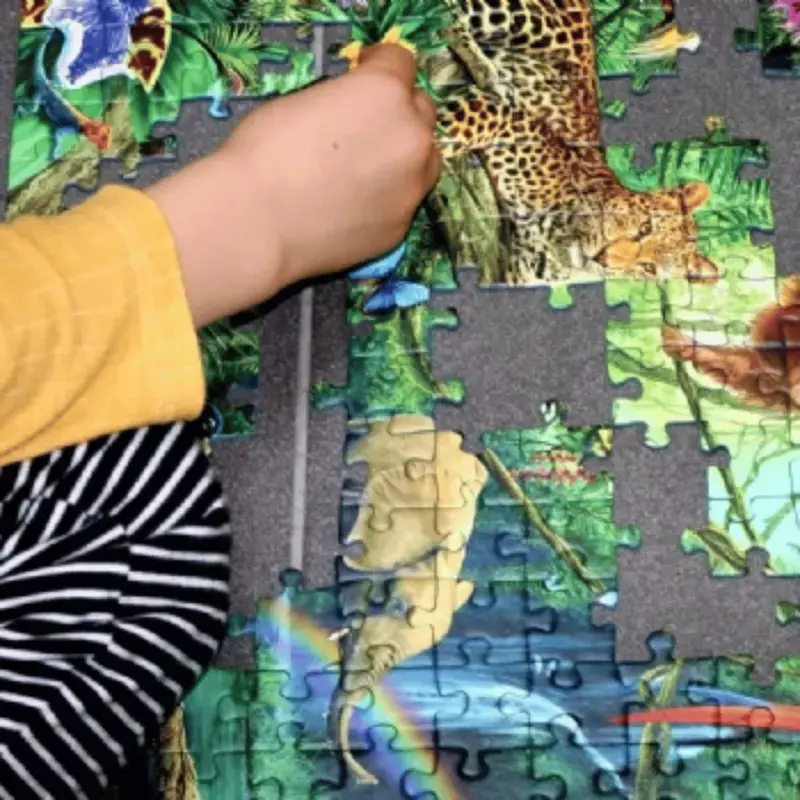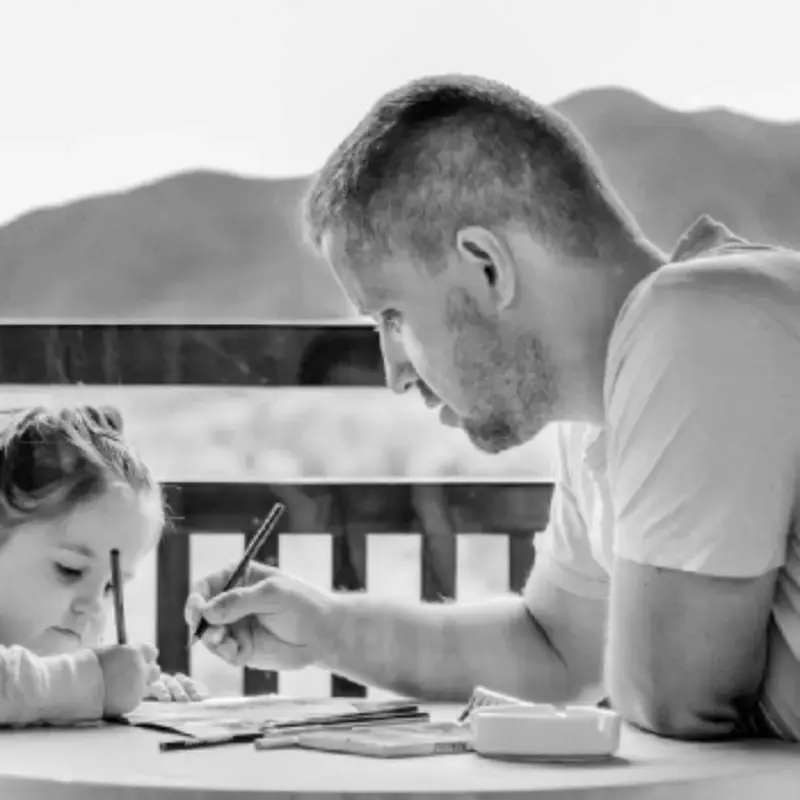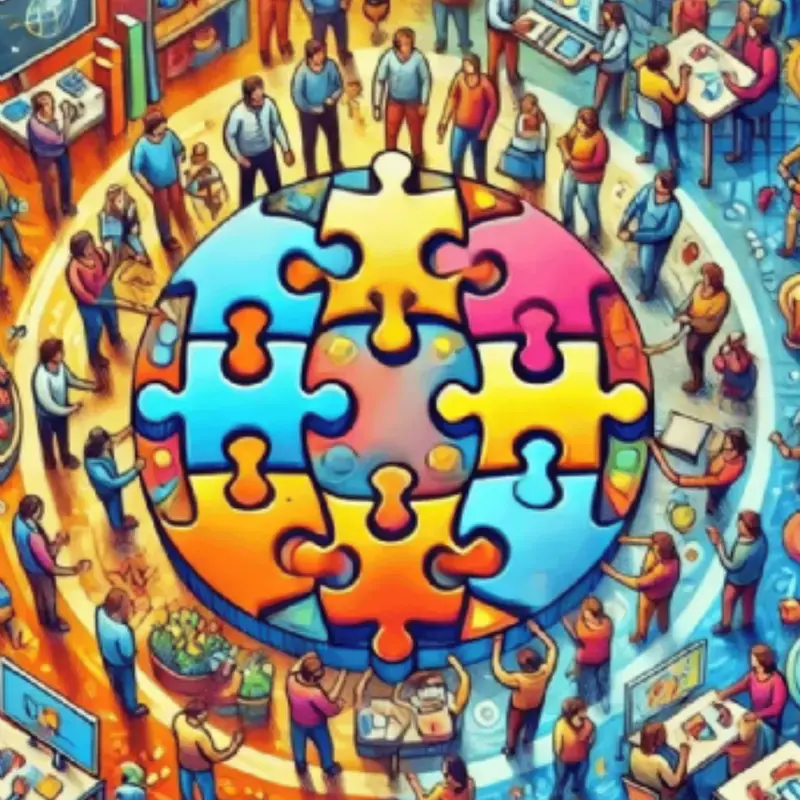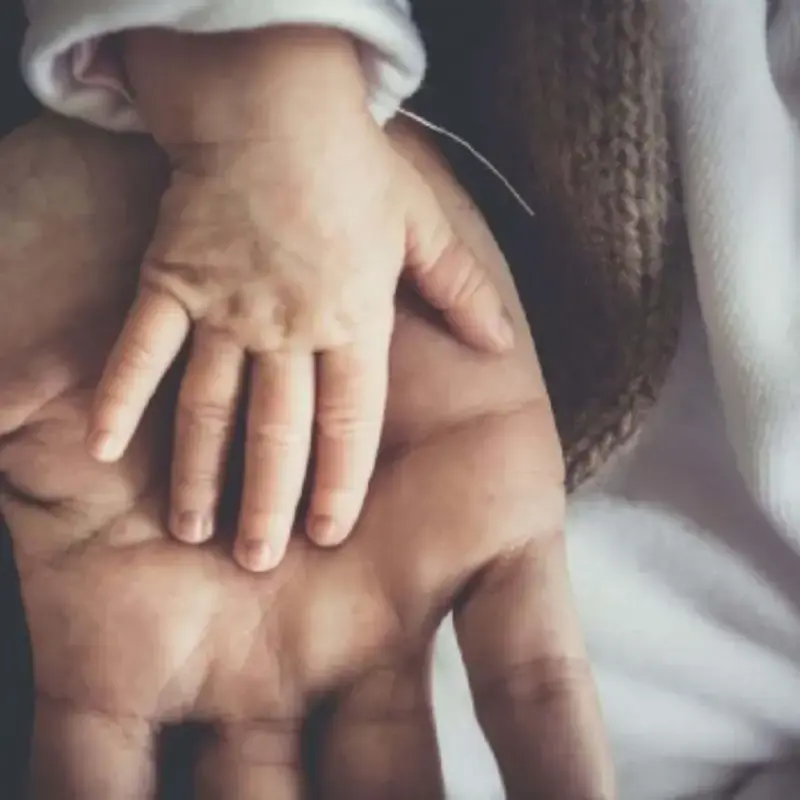From Likes to Lows: The Emotional Toll of Online Validation
In today's digital age, social media has become an integral part of our lives, especially for adolescents. Platforms like Instagram, TikTok, and Snapchat offer a space for young people to connect, share, and express themselves. However, it's crucial to recognise that the quest for online validation through likes and comments can have a profound psychological impact, particularly on adolescents with mental health conditions.
Adolescents often seek peer validation, and social media provides a quantifiable measure of this approval. The number of likes, comments, and shares can significantly influence their self-esteem and mood. While a surge in likes can lead to a temporary boost in confidence, the absence of expected validation can result in feelings of inadequacy and disappointment. A recent study by the University of Cambridge highlights that adolescents with mental health conditions use social media differently than their peers. They are more likely to engage in behaviours aimed at seeking validation, such as frequently checking for likes and comments, and comparing themselves to others. This constant need for approval can lead to mood fluctuations and decreased self-worth.
The pursuit of online validation can have several negative psychological effects. The anticipation of receiving likes and comments can create a rollercoaster of emotions. Adolescents may feel elated when they receive positive feedback but experience significant lows when their posts do not garner the expected attention. When validation is not received, adolescents may internalise this as a reflection of their self-worth. This can lead to feelings of inadequacy, low self-esteem, and even depression. Social media often presents an idealised version of reality. Adolescents may compare themselves to their peers, leading to feelings of envy and dissatisfaction with their own lives.
To help reduce the negative effects of seeking online validation, it's important to create healthier interactions both online and offline. We can encourage adolescents to share content that reflects their interests and experiences, instead of just posting for likes. By setting boundaries on social media use, young people can better focus on real-life connections and activities that enhance their well-being. Practising positive self-talk can help them build resilience and maintain healthy self-esteem, no matter the feedback they receive online. Teaching adolescents to think critically about the content they encounter on social media can help them realise that many online personas are carefully crafted and don't always represent reality.
While social media offers numerous benefits, it is essential to be mindful of its potential psychological impact on adolescents. By fostering healthier online and offline interactions, we can help young people navigate the digital world with confidence and resilience. At Radnor House Sevenoaks, we are committed to supporting our students' well-being and helping them thrive in all aspects of their lives.
























